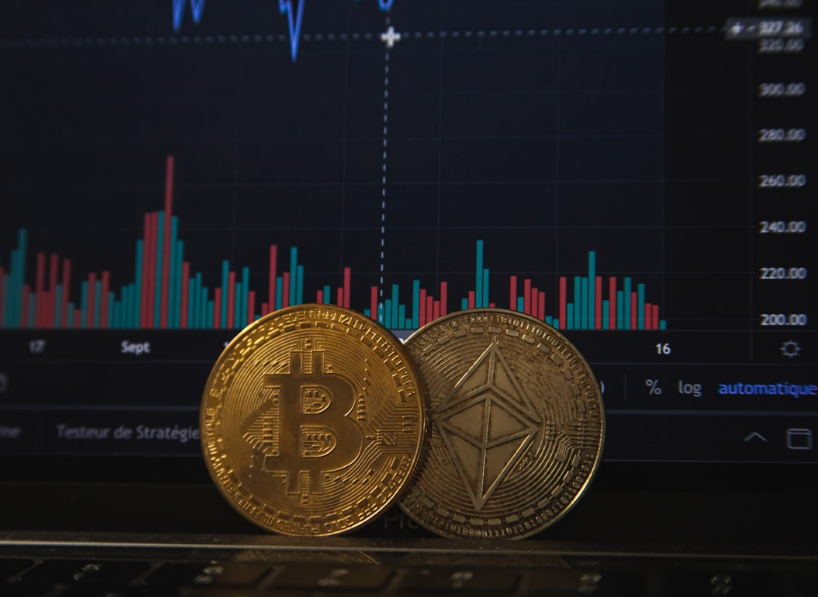In just over a decade, cryptocurrency has evolved from a niche internet experiment into a powerful force reshaping the financial world. The growing interest in digital assets and blockchain innovation has spurred massive change across banking, investment, and even how individuals think about ownership and value. As more people explore this space, understanding the landscape becomes essential. Crypto isn’t just about Bitcoin anymore—it’s about a broad and complex ecosystem that combines finance, technology, and decentralized ideals to create new opportunities and challenges.
The Expanding Universe of Digital Assets
While Bitcoin may have started it all, the world of crypto now includes thousands of digital assets, each serving different functions. Ethereum brought smart contracts into the spotlight, allowing for decentralized applications (dApps) that go beyond simple transactions. Other tokens are tied to projects in gaming, art, and even real estate. Stablecoins, which are pegged to fiat currencies like the dollar, provide a bridge between the traditional financial system and Crypto, offering a more stable way to transact in a volatile environment. The diversity of digital assets continues to grow, expanding use cases and drawing new participants.
How Blockchain is Reinventing Trust and Transparency
At the core of every cryptocurrency is blockchain, a type of distributed ledger that records transactions across a network in a secure and immutable way. This innovation removes the need for centralized authorities, such as banks or governments, to validate and record financial activity. Instead, transparency and verification are baked into the system itself. Blockchain has far-reaching potential beyond finance—it’s being explored in supply chains, healthcare records, voting systems, and digital identity solutions. The trustless nature of blockchain doesn’t mean there’s no trust—it means the system is designed so that trust isn’t required in the first place.
Decentralized Finance: Rethinking Traditional Banking
Decentralized Finance, or DeFi, is one of the most transformative aspects of blockchain technology. It aims to create an open financial system without intermediaries, where users can lend, borrow, trade, and earn interest on their assets directly through smart contracts. By cutting out traditional gatekeepers, DeFi platforms promise faster transactions, lower fees, and greater financial inclusion. However, they also come with risks—code vulnerabilities, lack of regulation, and high volatility can pose challenges for both new and experienced users. Still, DeFi represents a major shift in how people interact with money and financial services.
NFTs and the Rise of Digital Ownership
Non-fungible tokens (NFTs) have captured public imagination by proving that digital assets—like artwork, music, and even tweets—can be bought, sold, and owned in verifiable ways. Each NFT is unique and stored on the blockchain, allowing creators to monetize digital content and maintain authenticity. While the initial hype led to soaring prices and speculative behavior, the underlying technology has meaningful implications for ownership, copyright, and digital culture. As the market matures, NFTs are increasingly being used for practical purposes such as event tickets, memberships, and certification.
The Regulatory Crossroads for Crypto
One of the biggest questions surrounding cryptocurrency today is regulation. Governments around the world are grappling with how to approach this rapidly evolving industry. Some see it as a threat to financial stability, while others view it as an opportunity for innovation. In the United States and elsewhere, regulatory clarity is still developing, especially when it comes to securities laws, taxation, and consumer protection. Striking the right balance is critical—not just for investor safety, but also to encourage responsible innovation and ensure the long-term viability of the crypto space.
Security, Scams, and Staying Safe in the Digital Age
With great opportunity comes great risk, and the crypto world is no exception. From exchange hacks to rug pulls and phishing scams, security remains a major concern for participants. The decentralized nature of crypto means users are largely responsible for their own protection—there’s no customer service line to call when things go wrong. Understanding how to use wallets, safeguard private keys, and spot red flags is vital. Education and awareness are essential tools for anyone navigating this space, whether they’re investing, building, or simply exploring.
The Road Ahead: Innovation, Inclusion, and Global Impact
Crypto continues to evolve at a breathtaking pace, driven by a global community of developers, entrepreneurs, and everyday users. Its potential to reshape finance, create more inclusive economies, and redefine digital interactions is immense. While challenges remain—regulatory uncertainty, environmental concerns, and market volatility among them—the underlying innovation shows no signs of slowing. As more people gain access to digital tools and the technology becomes more user-friendly, crypto could become a cornerstone of the digital future. Navigating this new world requires curiosity, caution, and a willingness to learn—but the journey is well worth it.



